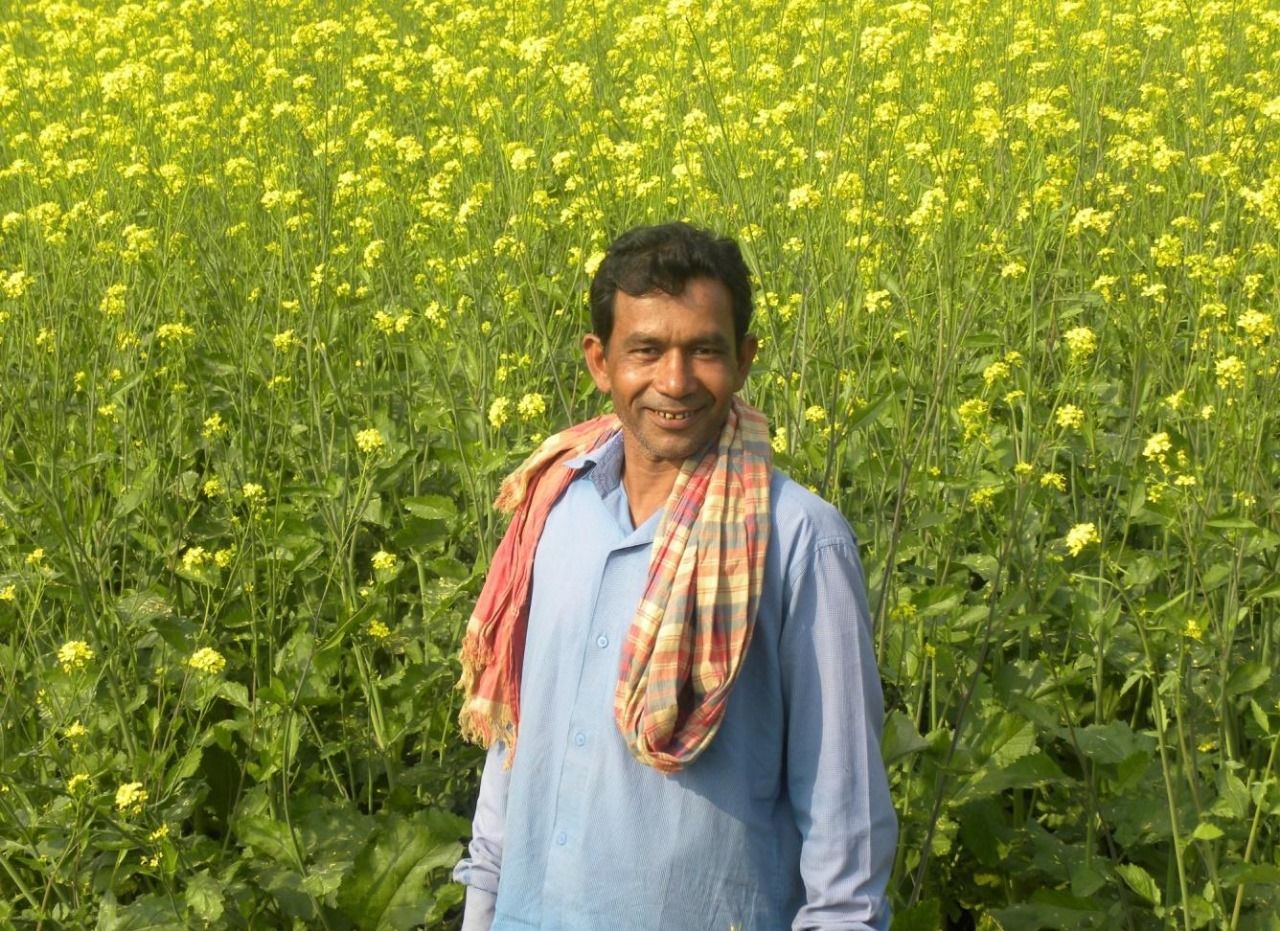SEED, in partnership with Mahindra & Mahindra Ltd. (Farm Sector), has launched a project titled “Sashya Sphiti” in Nadia district, West Bengal under Mahindra’s Corporate Social Responsibility (CSR) initiative. The project aims to enhance mustard production by at least 10 percent through the adoption of scientific farming techniques and sustainable cultivation practices.
Empowering 400 Farmers in Nadia
Over a two-year period, the project directly benefitted 400 farmers from Dhubulia Gram Panchayat, located in Krishnanagar Block II of Nadia district. These farmers have traditionally practiced mustard cultivation using conventional methods, without the support of scientific inputs or modern agricultural guidance. As a result, their yields have remained suboptimal, despite high expenditures on chemical fertilizers and pesticides.
Introducing High-Quality Seeds and Expert Guidance
As part of the initiative, farmers were provided with “Swarnadhara”, a tried and tested variety of mustard seed known for its tolerance to pests, diseases and downy mildew. This improved variety also provided higher primary and secondary branching and matured within 100 to 110 days. The cultivation took place across 400 acres of farmland.
Technical support for the project was provided by agriculture experts from Bidhan Chandra Krishi Viswavidyalaya and the Pulse & Research Station, Baharampur under the Agriculture Department, Government of West Bengal. These experts offered farmers practical training to reduce dependency on chemical inputs and improve the oil content of mustard crops—bringing it closer to the national average of 42%.
Building Capacity for Sustainable Cultivation
Under “Sashya Sphiti,” farmers were trained in key techniques such as soil testing, pH level assessment and proper land preparation prior to sowing. They also received carefully selected pesticides, herbicides and fertilizers. A significant focus of the project was on promoting the preparation and use of bio-compost, enabling farmers to gradually shift away from chemical fertilizers.
The project adopted a Training of Trainers (ToT) model. On October 8, 2017, SEED distributed 1.5 kg of Swarnadhara seeds to each participating farmer at Dhubulia Gram Panchayat. Following this, selected farmer representatives recieved expert-led training. These trained representatives then cascaded their learnings to fellow farmers in their respective villages, fostering a self-sustaining model of knowledge sharing and community empowerment.
Toward a More Resilient Agricultural Future
By introducing scientific inputs, climate-resilient seeds and eco-friendly practices, “Sashya Sphiti” improved both the productivity and profitability of mustard cultivation in Nadia district. The project marks another step forward in SEED’s ongoing commitment to promoting sustainable agriculture and livelihood enhancement for smallholder farmers across West Bengal.









